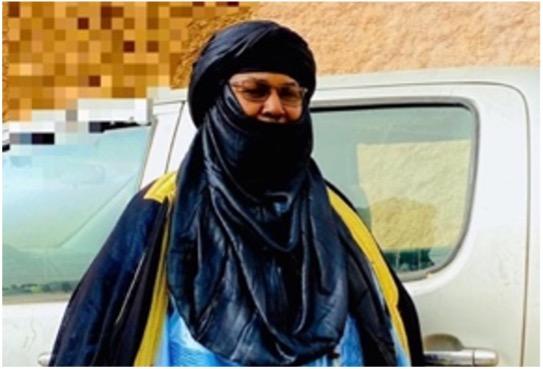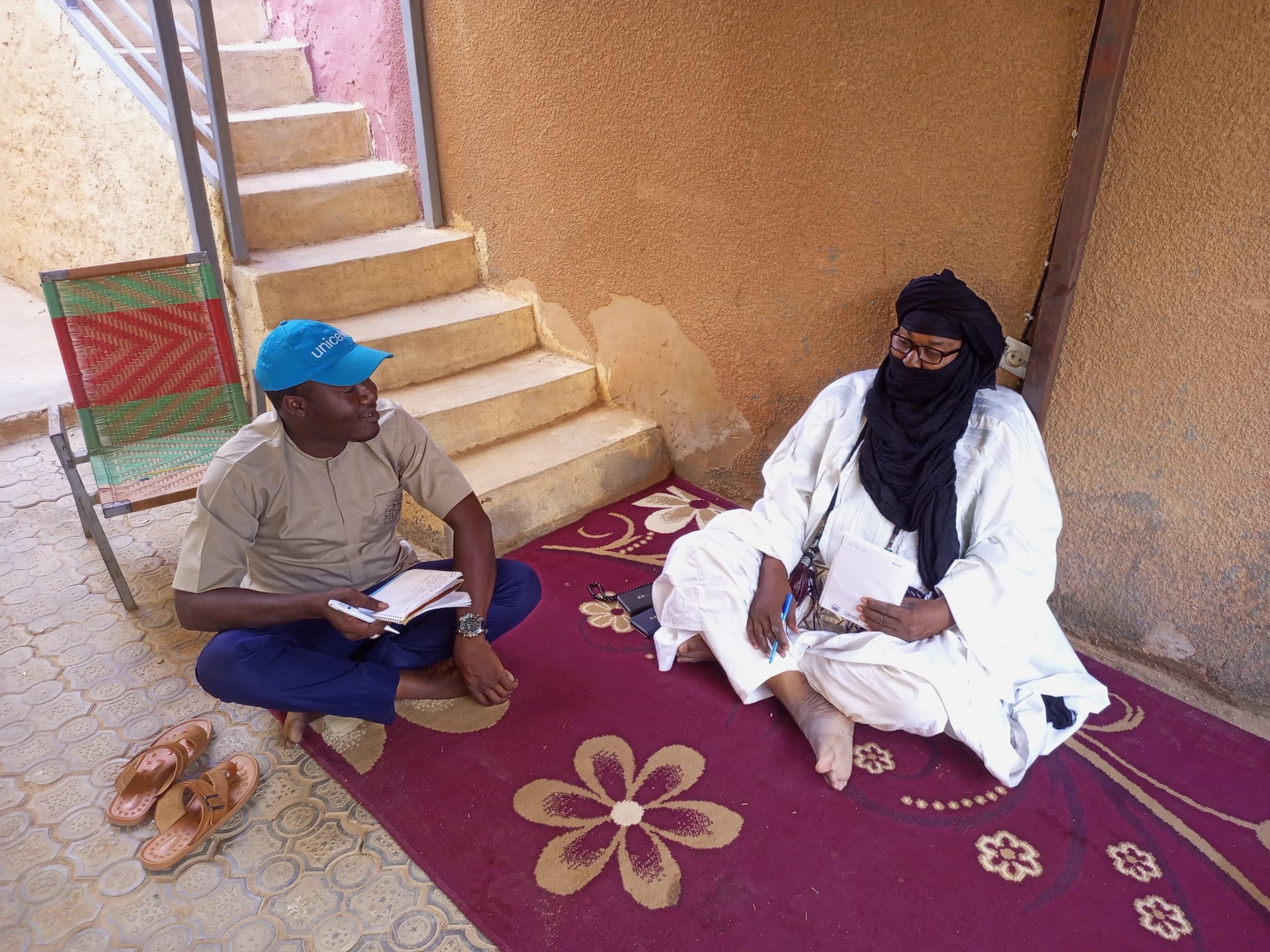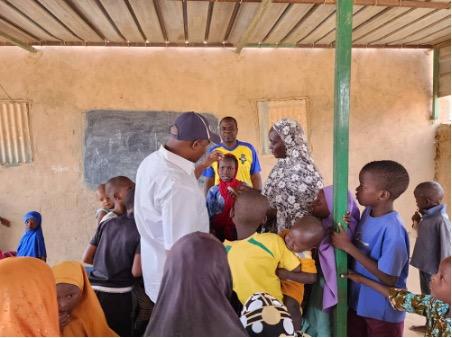Religious Leaders Unite for Polio Eradication

Religious leaders in Agadez joined forces to vaccinate children in Quranic schools, reaching thousands who might otherwise be missed. Their collaboration proves the power of faith-based engagement in tackling vaccine hesitancy.
Poliomyelitis, a debilitating and contagious disease with no treatment, continues to affect Niger, with 108 cases recorded between 2018 and 2024 in various regions. The epidemiological situation is also a concern in neighboring countries such as Burkina Faso, Cameroon, Mali, Nigeria, and Chad. To counter this epidemic, the State, with the support of UNICEF, WHO, GAVI, Bill and Mellinda Gates, and Rotary International, has organized multiple vaccination campaigns. This year, the first campaign took place in July, and in August, the second round of vaccination for children aged 0 to 59 months will be held, targeting an estimated more than 6 million children.
In recent years, UNICEF has reinforced these campaigns with social and behavioral change strategies to improve community acceptance of vaccination. The mobilization of civil society organizations is essential to reach every child, even in difficult contexts. In the Agadez region, health authorities, with UNICEF’s support, sought the involvement of the Observatoire Religieux pour la Prévention et la Gestion des Conflits (ORPGCN) to facilitate vaccination in Quranic schools during the national vaccination days in July 2024.
The Religious Observatory, led by Mr. Fidjaji Liman Ahar, plays a crucial role in conflict management and social cohesion in the region. During a meeting with health authorities, Mr. Liman expressed his concern:
“Quranic schools are often left behind, and learners do not have access to certain basic social services. Because of the close living conditions, they need protection against diseases such as poliomyelitis and improved sanitation in their living environment.”
He also noted that the observed refusals of vaccination stem mainly from misunderstandings and erroneous interpretations of Quranic texts.
This is why they raise awareness among parents and Quranic school leaders about the importance of vaccinating children to protect them against vaccine-preventable diseases.
“We have a duty to ensure the health of our children. Vaccination is a valuable tool that we must use to guarantee their well-being,” he concluded.
In response to this request, the Observatory issued a correspondence asking the leaders of Quranic schools to facilitate access for vaccination teams. This initiative made it possible to reach 157 Quranic schools in the commune of Agadez, with approximately 4,710 children aged 12 to 59 months vaccinated. This success underscores the importance of this partnership and encourages its extension to other regions where such collaborations have not yet been established.
Furthermore, to address the sanitation issues raised by the president of the Observatory, UNICEF will construct 20 latrine blocks for eight Quranic schools identified by the Observatory, with a total of 1,578 students, 63% of whom are girls.



Written by Ibrahim Oumarou Nabazaga, UNICEF Niger
Photo credits: ©UNICEF Niger/ Agadez/ July 2024/ Ibrahim Nabazaga

